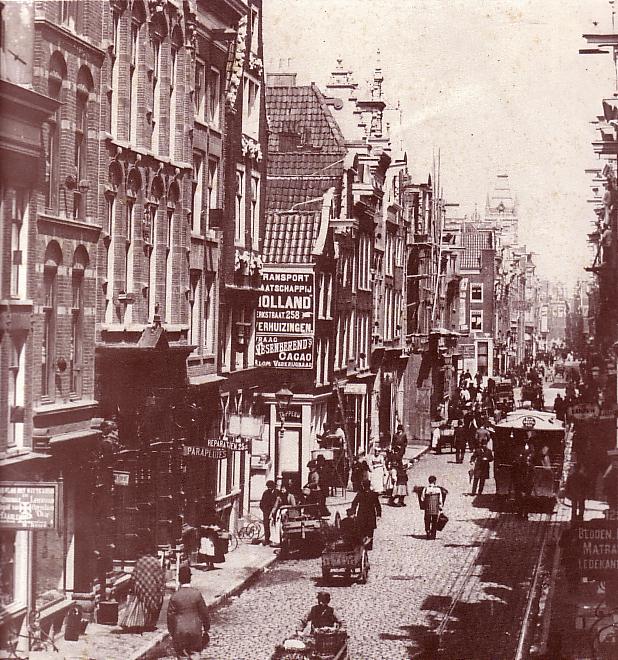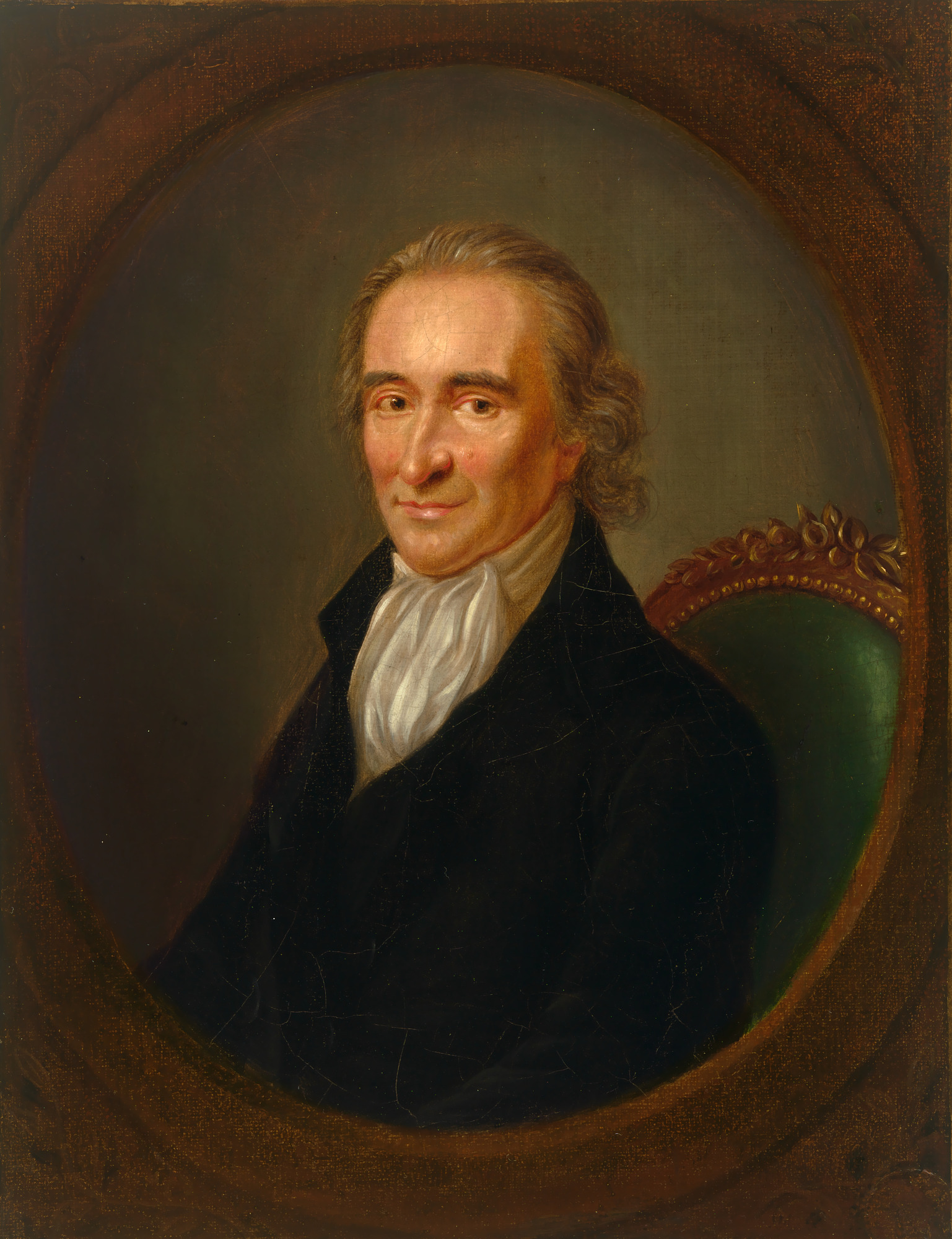|
Louis Maïeul Chaudon
Louis-Mayeul Chaudon (20 May 1737, Valensole – 28 May 1817, Mézin), was a French Benedictine biographer. Life After studying in the colleges of Marseille and Avignon, Chaudon decided to become an ecclesiastic, and was admitted to the order of Saint Benedict at Cluny. Here he had the use of a library. He received honorable briefs from Pope Clement XIII and Pope Pius VI for the works which he composed in defense of Catholicism. The congregation of Cluny was suppressed in 1787. Chaudon took refuge in the village of Mézin. Old age was drawing on; his sight was failing, his health was feeble, but he secured the esteem of his new neighbors, who begged permission to place his portrait in the hall of the mairie. He lived through all the changes of the Revolution, for the last ten or twelve years blind and in much suffering, till his death, at age 80. He had collaborated on occasions with his brother Esprit-Joseph Chaudon, who was a bibliographer. He died at Mézin. Works His e ... [...More Info...] [...Related Items...] OR: [Wikipedia] [Google] [Baidu] |
Valensole
Valensole (; Occitan: ''Valençòla'') is a commune in the Alpes-de-Haute-Provence department in the southeastern Provence-Alpes-Côte d'Azur region of France. Its inhabitants are called Valensolais (masculine) and Valensolaises (feminine). The commune numbered 3,173 inhabitants as of 2019. Geography The city itself, at 595 metres above sea level, is formed by an amphitheater on a hill between the Plateau de Valensole and the valley of Notre Dame. The commune is one of the most expansive of the region and contains many hamlets. The river Asse forms most of the commune's northern border, then flows into the Durance, which forms all of its western border. Geology The beginning of the Tertiary era is marked by the lifting of the Pyrenees Mountains between 60 and 40 Ma. The repercussions of the lifting formed in the region of Valensole big mountains and little mountainous chains : Lure, Ventoux, Luberon, Nerthe, Étoile..., oriented east-west. During the Pyrenean raising, the ... [...More Info...] [...Related Items...] OR: [Wikipedia] [Google] [Baidu] |
Amsterdam
Amsterdam ( , ; ; ) is the capital of the Netherlands, capital and Municipalities of the Netherlands, largest city of the Kingdom of the Netherlands. It has a population of 933,680 in June 2024 within the city proper, 1,457,018 in the City Region of Amsterdam, urban area and 2,480,394 in the Amsterdam metropolitan area, metropolitan area. Located in the Provinces of the Netherlands, Dutch province of North Holland, Amsterdam is colloquially referred to as the "Venice of the North", for its canals of Amsterdam, large number of canals, now a World Heritage Site, UNESCO World Heritage Site. Amsterdam was founded at the mouth of the Amstel River, which was dammed to control flooding. Originally a small fishing village in the 12th century, Amsterdam became a major world port during the Dutch Golden Age of the 17th century, when the Netherlands was an economic powerhouse. Amsterdam was the leading centre for finance and trade, as well as a hub of secular art production. In the 19th ... [...More Info...] [...Related Items...] OR: [Wikipedia] [Google] [Baidu] |
French Biographers
French may refer to: * Something of, from, or related to France ** French language, which originated in France ** French people, a nation and ethnic group ** French cuisine, cooking traditions and practices Arts and media * The French (band), a British rock band * French (episode), "French" (episode), a live-action episode of ''The Super Mario Bros. Super Show!'' * Française (film), ''Française'' (film), a 2008 film * French Stewart (born 1964), American actor Other uses * French (surname), a surname (including a list of people with the name) * French (tunic), a type of military jacket or tunic * French's, an American brand of mustard condiment * French (catheter scale), a unit of measurement * French Defence, a chess opening * French kiss, a type of kiss See also * France (other) * Franch, a surname * French Revolution (other) * French River (other), several rivers and other places * Frenching (other) * Justice French (other) ... [...More Info...] [...Related Items...] OR: [Wikipedia] [Google] [Baidu] |
18th-century French Historians
The 18th century lasted from 1 January 1701 (represented by the Roman numerals MDCCI) to 31 December 1800 (MDCCC). During the 18th century, elements of Age of Enlightenment, Enlightenment thinking culminated in the Atlantic Revolutions. Revolutions began to challenge the legitimacy of monarchical and aristocratic power structures. The Industrial Revolution began mid-century, leading to radical changes in Society, human society and the Natural environment, environment. The European colonization of the Americas and other parts of the world intensified and associated mass migrations of people grew in size as part of the Age of Sail. During the century, History of slavery, slave trading expanded across the shores of the Atlantic Ocean, while declining in Russian Empire, Russia and Qing dynasty, China. Western world, Western historians have occasionally defined the 18th century otherwise for the purposes of their work. For example, the "short" 18th century may be defined as 1715� ... [...More Info...] [...Related Items...] OR: [Wikipedia] [Google] [Baidu] |
1817 Deaths
Events January–March * January 1 – Sailing through the Sandwich Islands, Otto von Kotzebue discovers New Year Island. * January 19 – An army of 5,423 soldiers, led by General José de San Martín, starts crossing the Andes from Argentina, to liberate Chile and then Peru. * January 20 – Ram Mohan Roy and David Hare found Hindu College, Calcutta, offering instructions in English on Western subjects, including other European languages. * February 12 – Battle of Chacabuco: Argentine and Chilean soldiers of the United Provinces of the Río de la Plata defeat the Spanish royalist troops in what is now Chile, marking the turning point in the war against European rule of South America. * March 3 ** On his last day in office, U.S. President James Madison vetoes John C. Calhoun's Bonus Bill as unconstitutional after it has passed both houses of the U.S. Congress. ** The U.S. Congress passes a law to split the Mississippi Territory, after Miss ... [...More Info...] [...Related Items...] OR: [Wikipedia] [Google] [Baidu] |
1737 Births
Events January–March * January 5 – Spain and the Holy Roman Empire sign instruments of cession at Pontremoli in the Grand Duchy of Tuscany in Italy, with the Empire receiving control of Tuscany and the Grand Duchy of Parma and Piacenza, in return for Charles III of Spain, Don Carlos of Spain being recognized as King of Naples and King of Sicily. * January 9 – The Empires of Austria and Russia enter into a secret military alliance that leads to Austria's disastrous entry into the Russo-Turkish War. * January 18 – In Manila, a peace treaty is signed between Spain's Governor-General of the Philippines, Fernándo Valdés y Tamon, and the Sultan Azim ud-Din I of Sulu, recognizing Azim's authority over the islands of the Sulu Archipelago. * February 20 – France's Foreign Minister, Germain Louis Chauvelin, is dismissed by King Louis XV's Chief Minister, Cardinal André-Hercule de Fleury * February 27 – French scientists Henri-Louis Duhamel du ... [...More Info...] [...Related Items...] OR: [Wikipedia] [Google] [Baidu] |
Charles Knight (publisher)
Charles Knight (15 March 1791 – 9 March 1873) was an English publisher, editor and author. He published and contributed to works such as ''The Penny Magazine'', ''The Penny Cyclopaedia'', and ''The English Cyclopaedia'', and established the ''Local Government Chronicle''. Early life The son of a bookseller and printer at Windsor, Berkshire, Windsor, he was apprenticed to his father. On completion of his indentures he took up journalism and had an interest in several newspaper speculations, including the ''Slough and Windsor Express, Windsor, Slough and Eton Express''. In 1823, in conjunction with friends he had made as publisher (1820–1821) of ''The Etonian'', he started ''Knight's Quarterly Magazine'', to which Winthrop Mackworth Praed, Derwent Coleridge and Thomas Macaulay contributed. It lasted for only six issues, but it made Knight's name as publisher and author, beginning a career which lasted over forty years. The periodical included an 1824 review of ''Frankenstei ... [...More Info...] [...Related Items...] OR: [Wikipedia] [Google] [Baidu] |
François-Xavier De Feller
François-Xavier de Feller (1735–1802) was a Belgium, Belgian Jesuit who after the suppression of his order worked as a prolific and internationally influential journalist and encyclopedist who opposed radical Age of Enlightenment, Enlightenment ideas on politics, religion and society, sometimes under the pseudonym Flexier de Reval. Biography François Feller was born on 18 August 1735 in Brussels, where his father was a government official.Émile de Borchgrave, "Feller (François-Xavier de)", ''Biographie Nationale de Belgique'', [vol. 7 https://academieroyale.be/Academie/documents/FichierPDFBiographieNationaleTome2048.pdf] (Brussels, 1883), pp. 3-8. In 1741, his father was ennobled by letters patent of Empress Maria Theresa. Feller was initially raised in the Duchy of Luxembourg by his maternal grandfather, after whose death in 1752 he was sent to a Jesuit boarding school in Rheims. At school he showed great aptitude for mathematics and physical science as well as for liter ... [...More Info...] [...Related Items...] OR: [Wikipedia] [Google] [Baidu] |
Antoine-François Delandine
Antoine-François Delandine (5 March 1756 – 5 May 1820), was a French writer. Delandine was born in Lyon. A lawyer at the Parliament of Dijon and the Parliament of Paris, he had a brief political career during the French Revolution when he was elected to the Estates-General of 1789 as deputy of the Forez. He was imprisoned during the Reign of Terror because of his opposition to the Republicans. He survived and went on to become the director of the municipal library of Lyon. Main works * ''Dissertations historiques sur des antiquités de Bresse et de Lyon'' (1780) * ''L'Enfer des peuples anciens, ou Histoire des dieux infernaux'' (1784) * ''De la Philosophie corpusculaire, ou des Connoissances et des procédés magnétiques chez les divers peuples'' (1785) * ''Observations sur les romans et en particulier sur ceux de Claudine Guérin de Tencin, Mme de Tencin'' (1786) * ''Couronnes académiques, ou Recueil des prix proposés par les sociétés savantes, avec les noms de ceux qui l ... [...More Info...] [...Related Items...] OR: [Wikipedia] [Google] [Baidu] |



